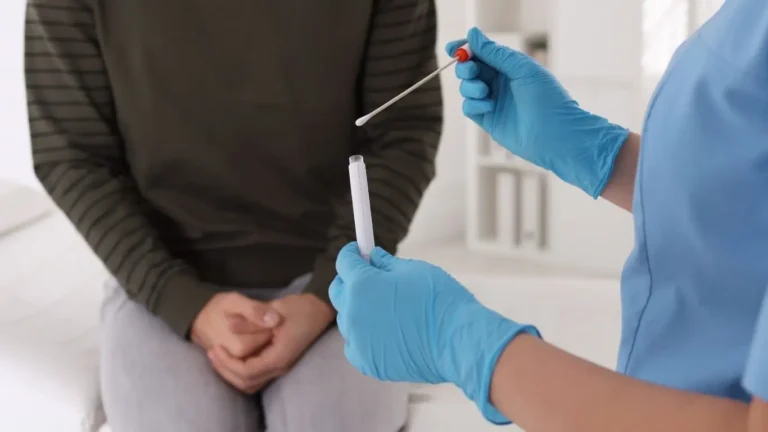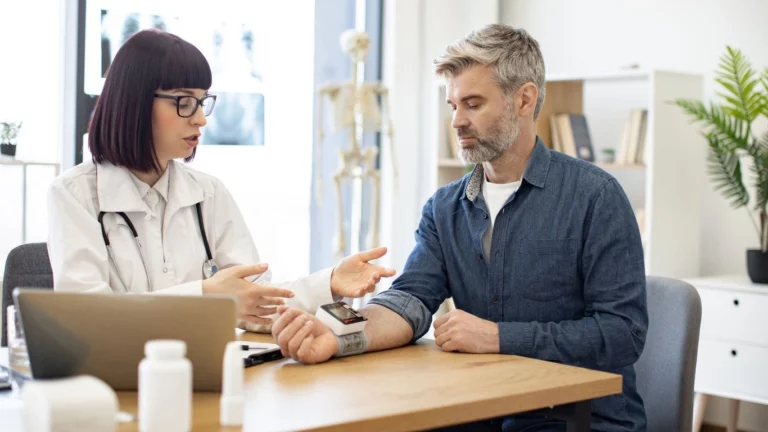Why GERD After Fried Food Feels Worse and How to Avoid It
Feeling a burning sensation in your chest after eating fried chicken or french fries? You’re not alone. This common issue could be a sign of GERD, or gastroesophageal reflux disease. It’s a condition that affects how your stomach handles acid and can make eating fried or greasy foods uncomfortable. Knowing how fried food plays a role in GERD can help you manage your symptoms and feel better after meals.
Understanding GERD and Your Digestive System
GERD stands for gastroesophageal reflux disease. It happens when acid from your stomach flows back up into your esophagus—the tube that carries food from your mouth to your stomach. This backflow, or “reflux,” can irritate the lining of your esophagus and cause heartburn, a sour taste, or even a chronic cough.
Your digestive system includes the esophagus, stomach, and a small muscle called the lower esophageal sphincter (LES). The LES acts like a valve. It opens to let food into your stomach, then closes to keep stomach acid from coming back up. When the LES doesn’t close properly, acid can escape and lead to symptoms of GERD.
How GERD Works After Eating Fried Food
Fried foods are high in fat, and that’s a big problem for people with GERD. Fatty meals take longer to digest and can relax the LES. This makes it easier for stomach acid to move into the esophagus. Plus, fried food may increase stomach pressure, pushing acid upward.
When you eat a greasy burger or fried chicken, your stomach has to work overtime. It produces more acid to break down the high-fat content. If your LES isn’t strong or tight enough, that extra acid can leak up into your throat, causing that familiar burning feeling.
Some people may also feel bloated, gassy, or nauseated after eating fried foods. All of these can be signs that GERD is being triggered or made worse.
Common Signs of GERD After Eating Fried Food
Not everyone reacts to fried food the same way, but here are some typical symptoms people with GERD might notice after eating something greasy:
- Heartburn (a burning feeling in the chest or throat)
- Regurgitation (acid or food coming back up into the mouth)
- Bloating or stomach discomfort
- Burping or hiccups
- Feeling full quickly
- Sore throat or hoarseness
- Chronic cough, especially at night
If you notice these symptoms regularly after fried or fatty meals, GERD might be the cause. Keeping a food and symptom diary can help you see patterns and avoid trigger foods.
Why Fried Food Can Be a GERD Trigger
There are a few reasons fried food may set off GERD symptoms:
- High fat content: Slows down digestion and weakens the LES.
- Large portions: Overeating can increase stomach pressure, leading to reflux.
- Spices and additives: Many fried foods include seasonings or chemicals that irritate the stomach lining.
- Cooking methods: Deep frying at high temperatures can create compounds that are harder to digest.
Choosing baked, grilled, or air-fried versions of your favorite foods can be easier on your digestive system.
When to See a Doctor
Occasional heartburn after fried food isn’t usually serious, but if it happens often or interferes with your life, it’s a good idea to talk to a doctor. GERD that goes untreated can lead to more serious issues, like inflammation, ulcers, or changes in the esophagus.
Reach out to your healthcare provider if you:
- Have heartburn more than twice a week
- Notice food or acid coming back into your mouth often
- Have trouble swallowing
- Lose weight without trying
- Experience chest pain that isn’t clearly from heartburn
Your doctor may suggest lifestyle changes, medications, or further testing to help you get relief and avoid long-term damage.
Tips to Manage GERD After Eating Fried Foods
If you love fried food but hate how it makes you feel, here are a few tips to reduce GERD symptoms:
- Eat smaller portions and avoid lying down right after meals
- Choose low-fat cooking methods like baking, steaming, or grilling
- Stay upright for at least 2–3 hours after eating
- Limit or skip high-fat, spicy, and heavily processed meals
- Drink water instead of soda or alcohol, which can trigger reflux
Remember, everyone’s body is different. It may take some trial and error to figure out which foods you can handle and which ones to avoid.
Final Thoughts
GERD after eating fried food is common, but it doesn’t have to take over your life. Understanding how fried meals affect your digestive system can help you make smarter choices and feel more comfortable. If symptoms stick around, check in with your doctor to get a plan that works for you.
You don’t have to give up everything you enjoy—just make adjustments that support your health. A few simple changes can go a long way toward easing symptoms and keeping your digestive system happy.

Camellia Wulansari is a dedicated Medical Assistant at a local clinic and a passionate health writer at Healthusias.com. With years of hands-on experience in patient care and a deep interest in preventive medicine, she bridges the gap between clinical knowledge and accessible health information. Camellia specializes in writing about digestive health, chronic conditions like GERD and hypertension, respiratory issues, and autoimmune diseases, aiming to empower readers with practical, easy-to-understand insights. When she’s not assisting patients or writing, you’ll find her enjoying quiet mornings with coffee and a medical journal in hand—or jamming to her favorite metal band, Lamb of God.







